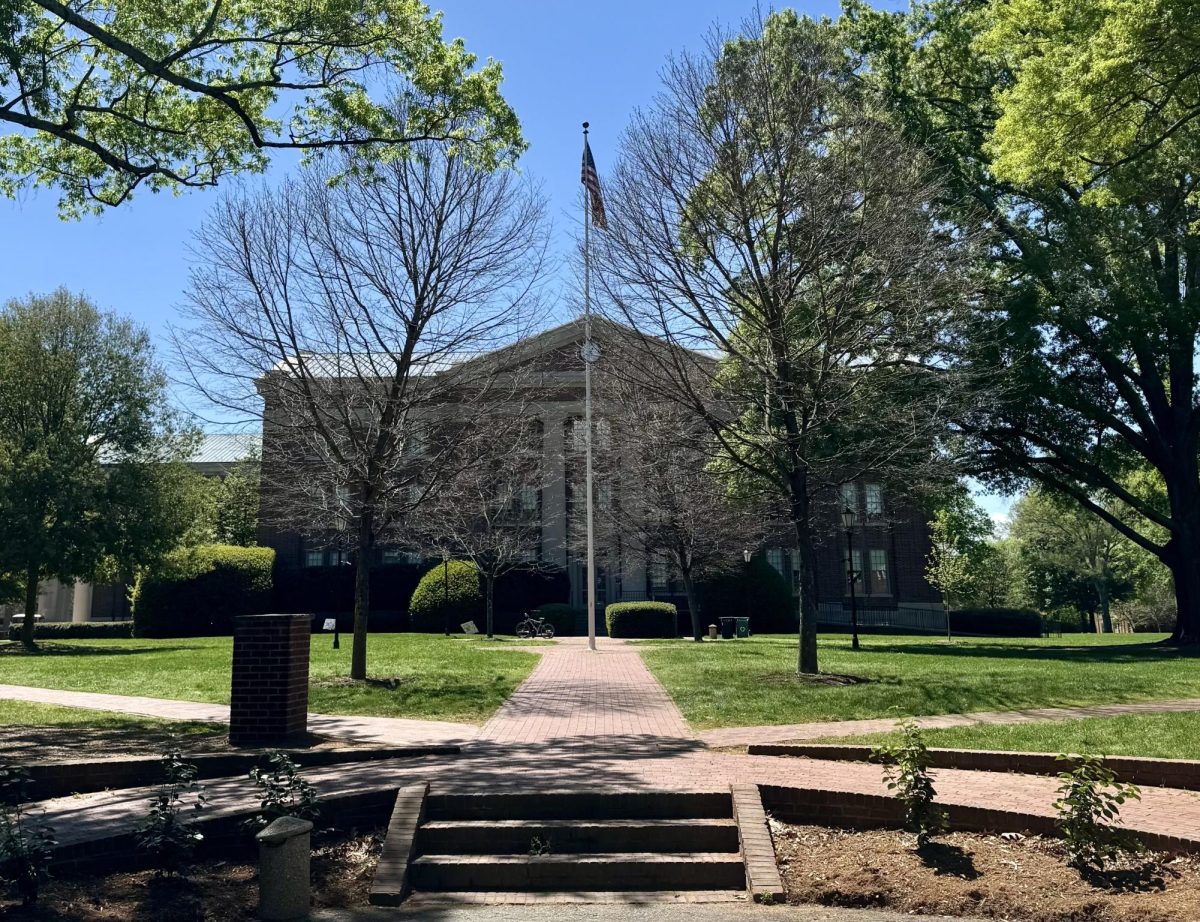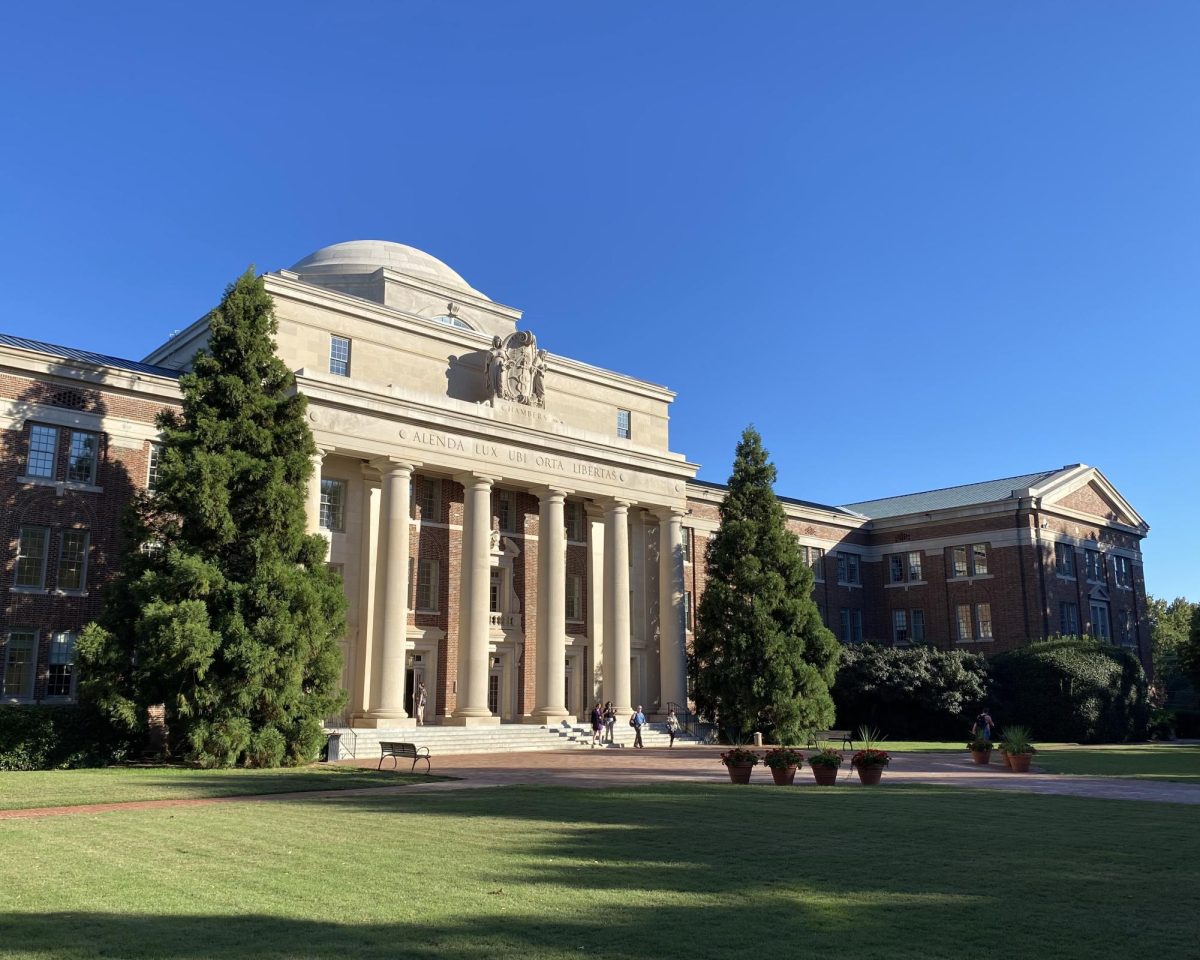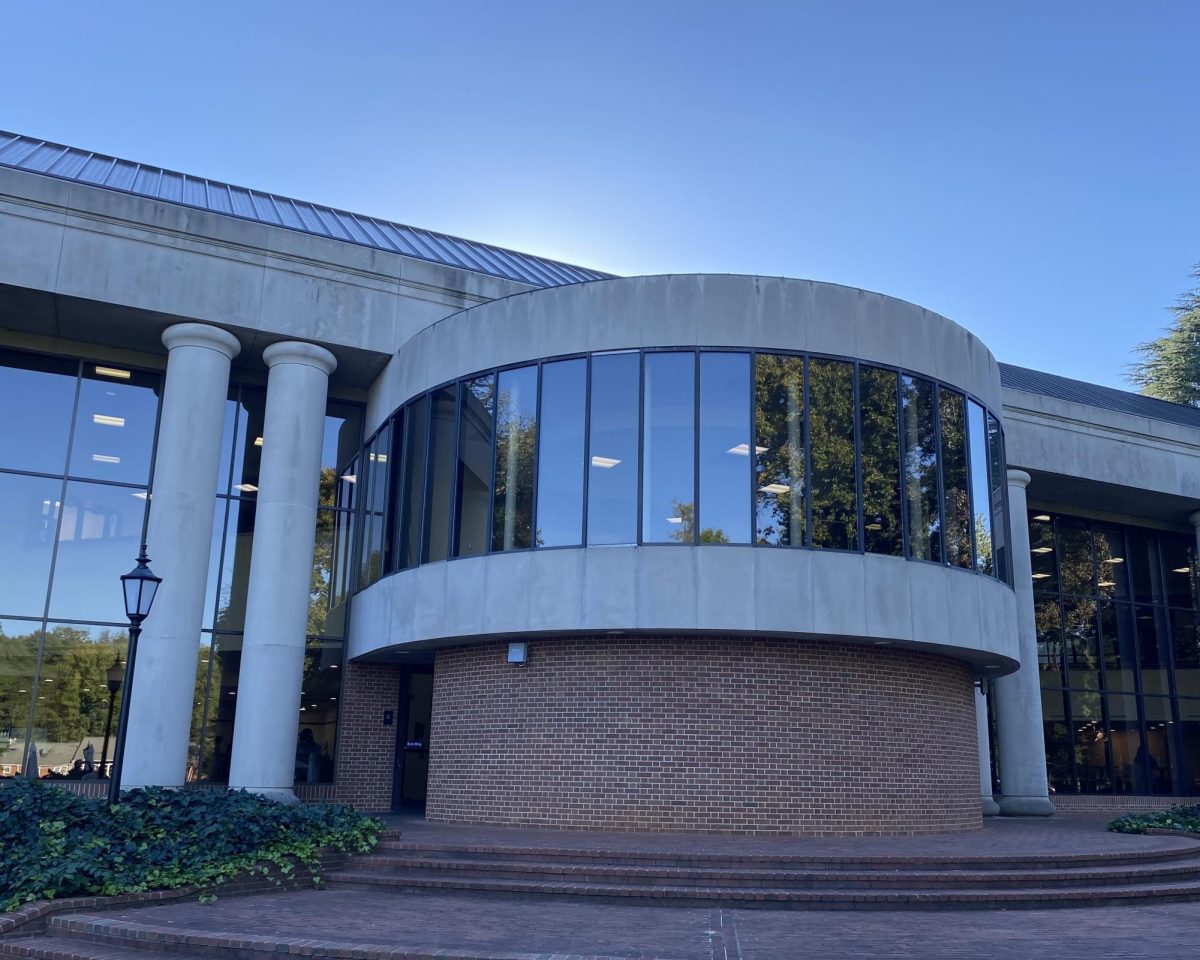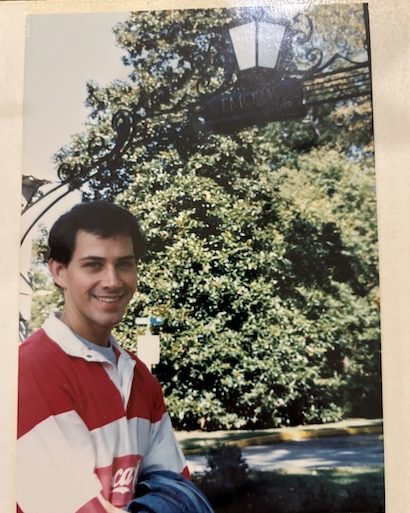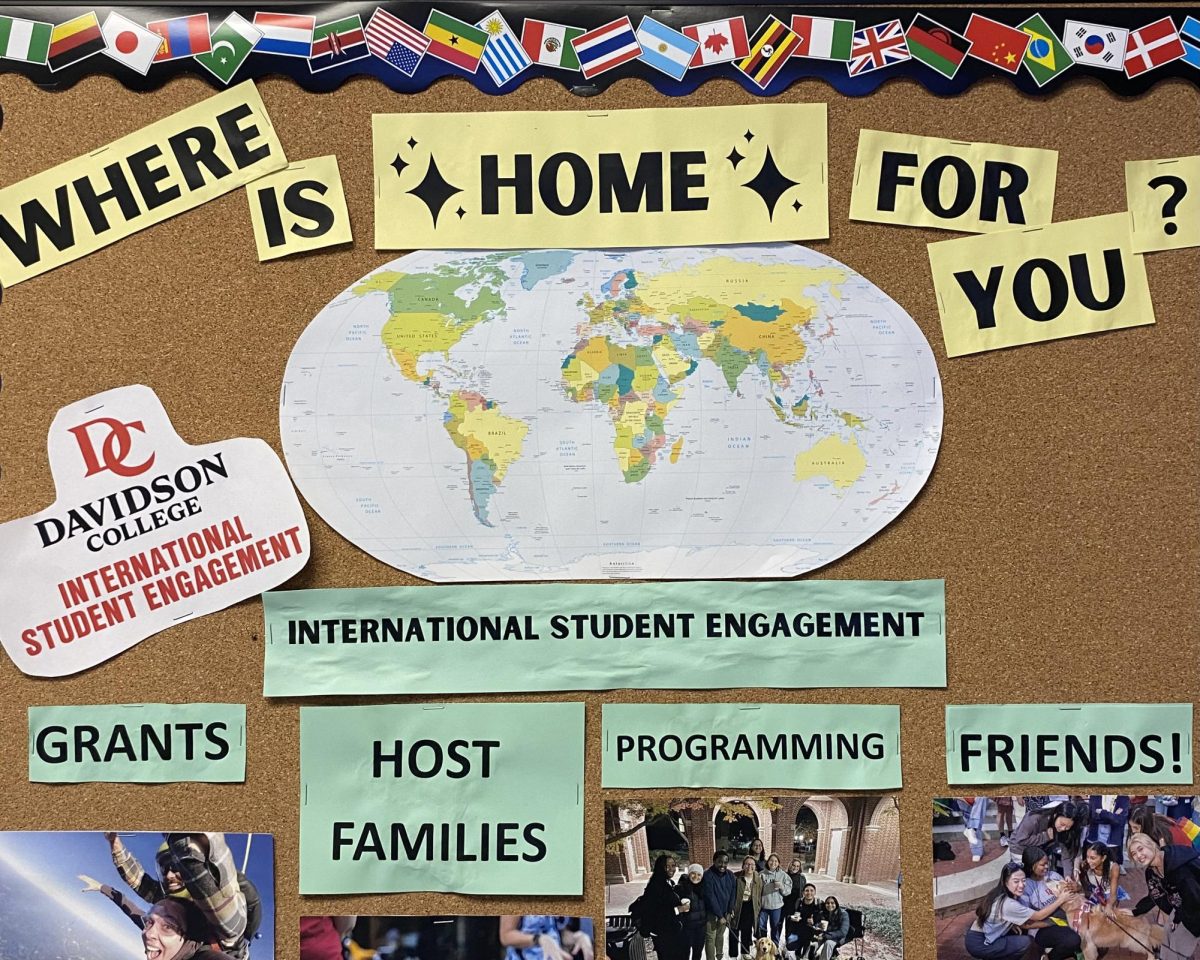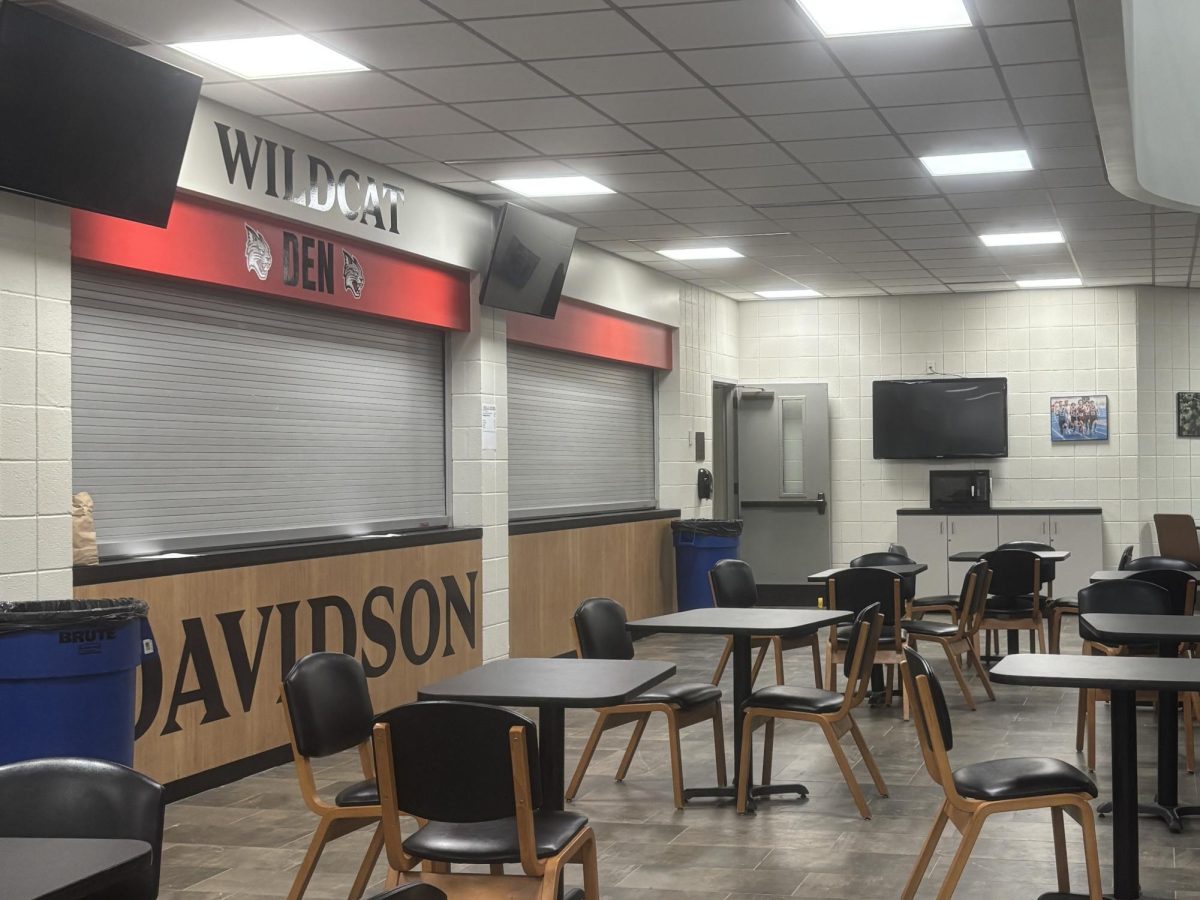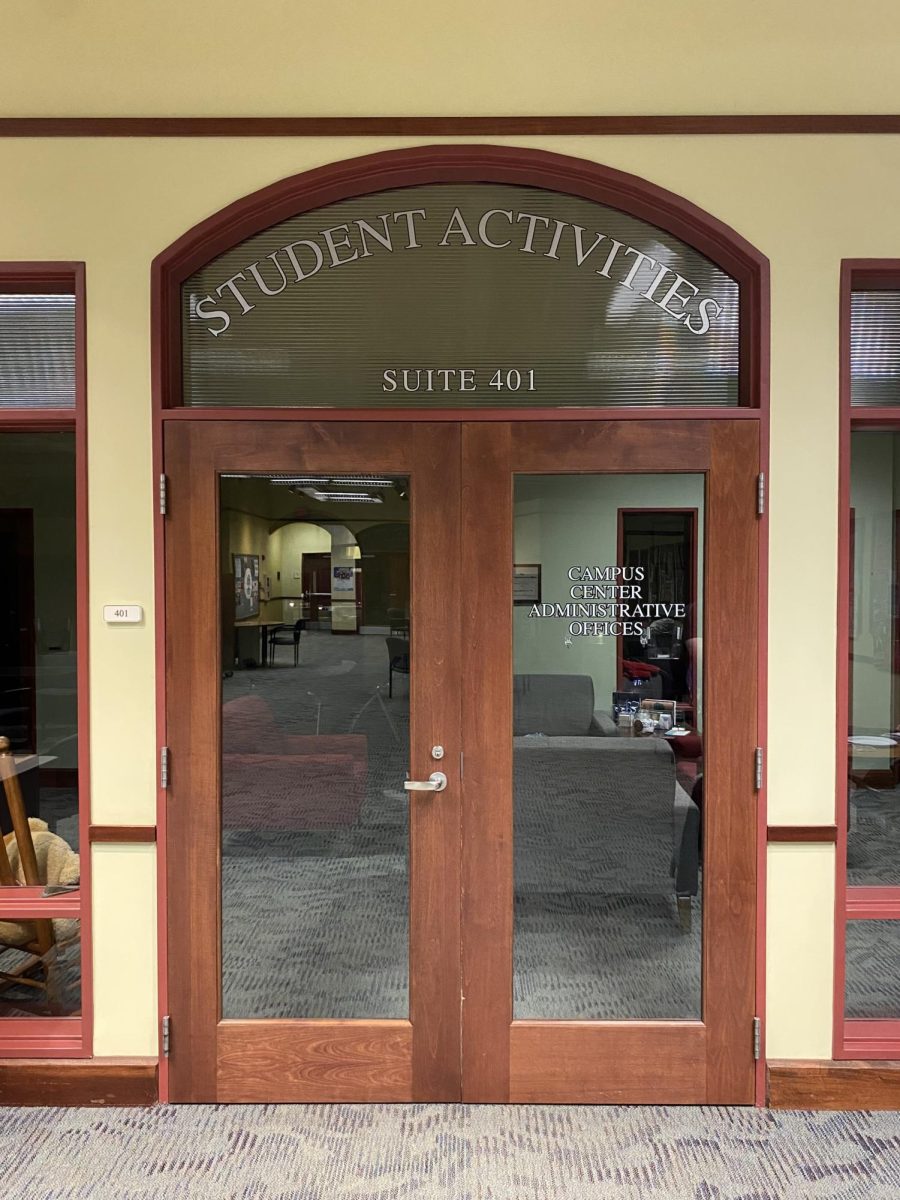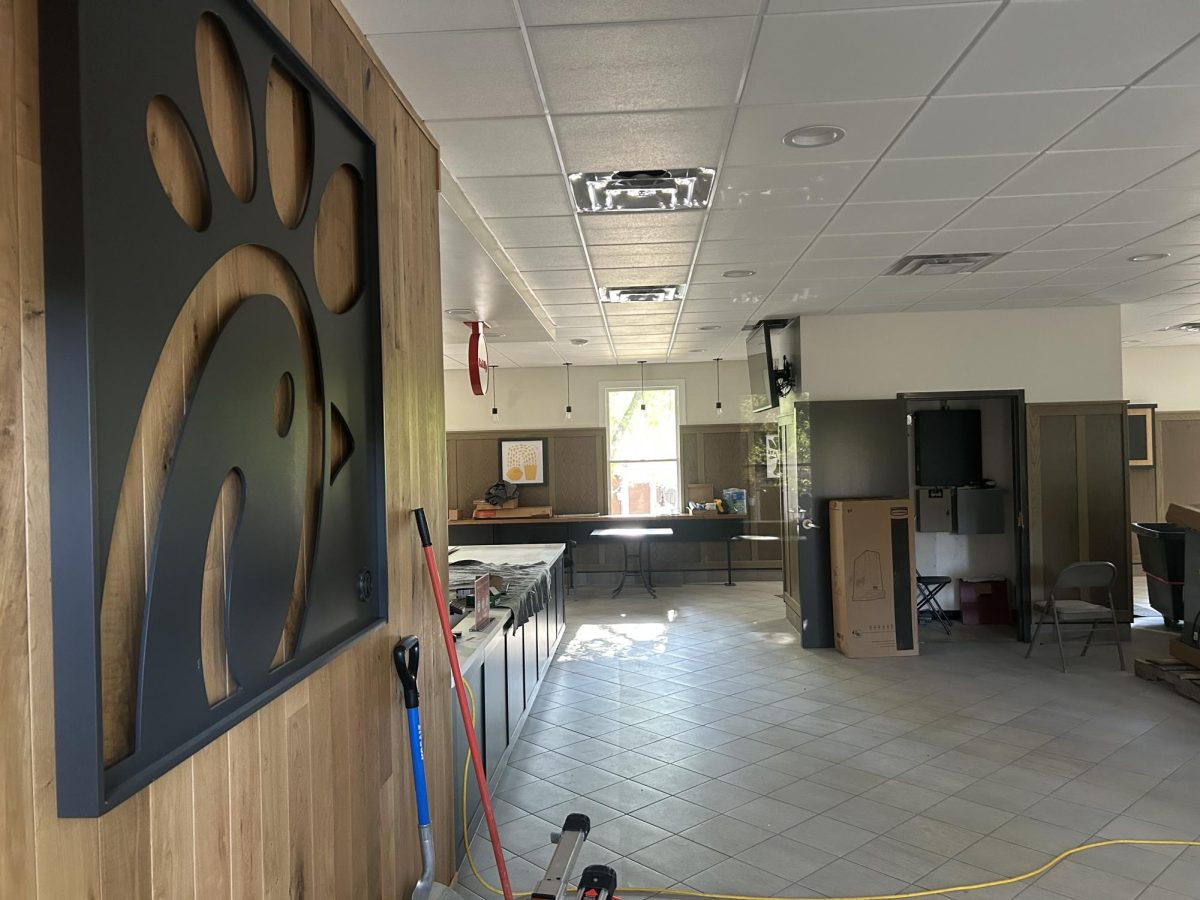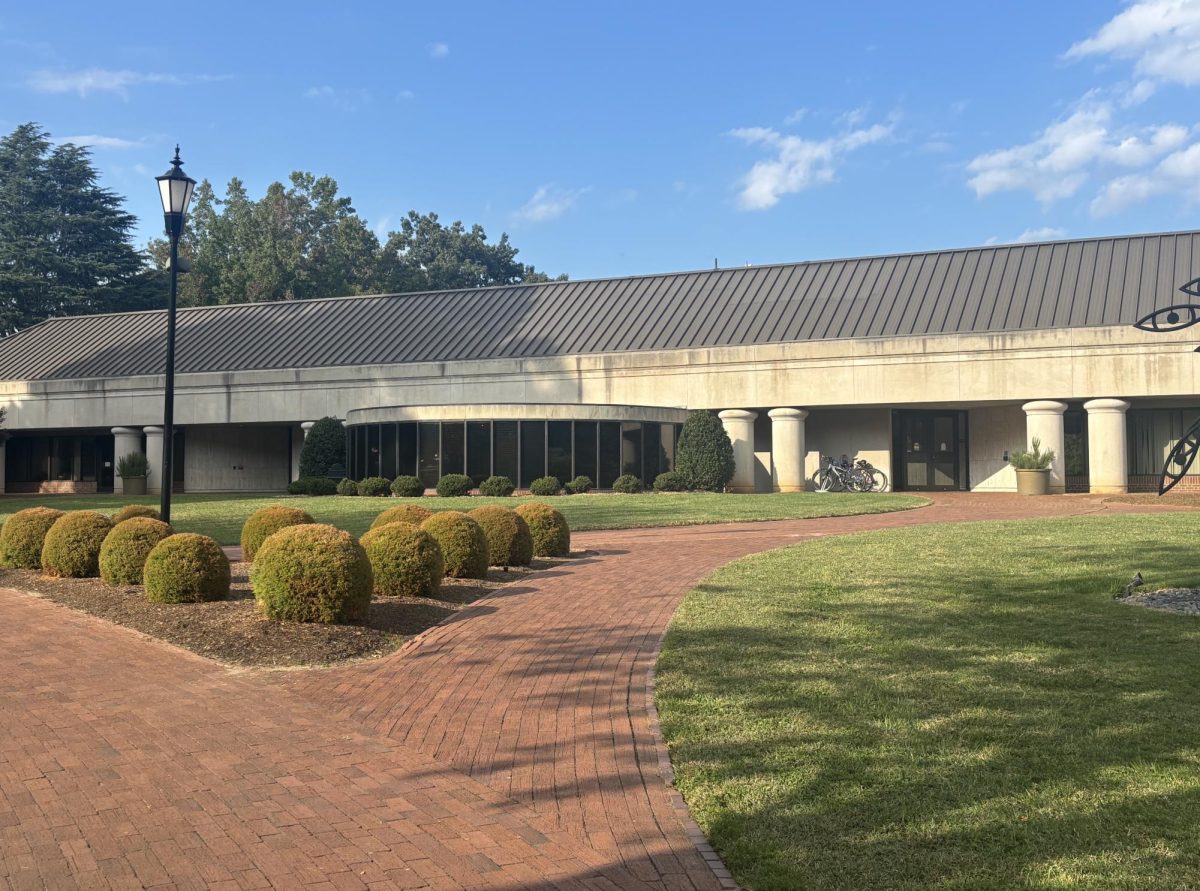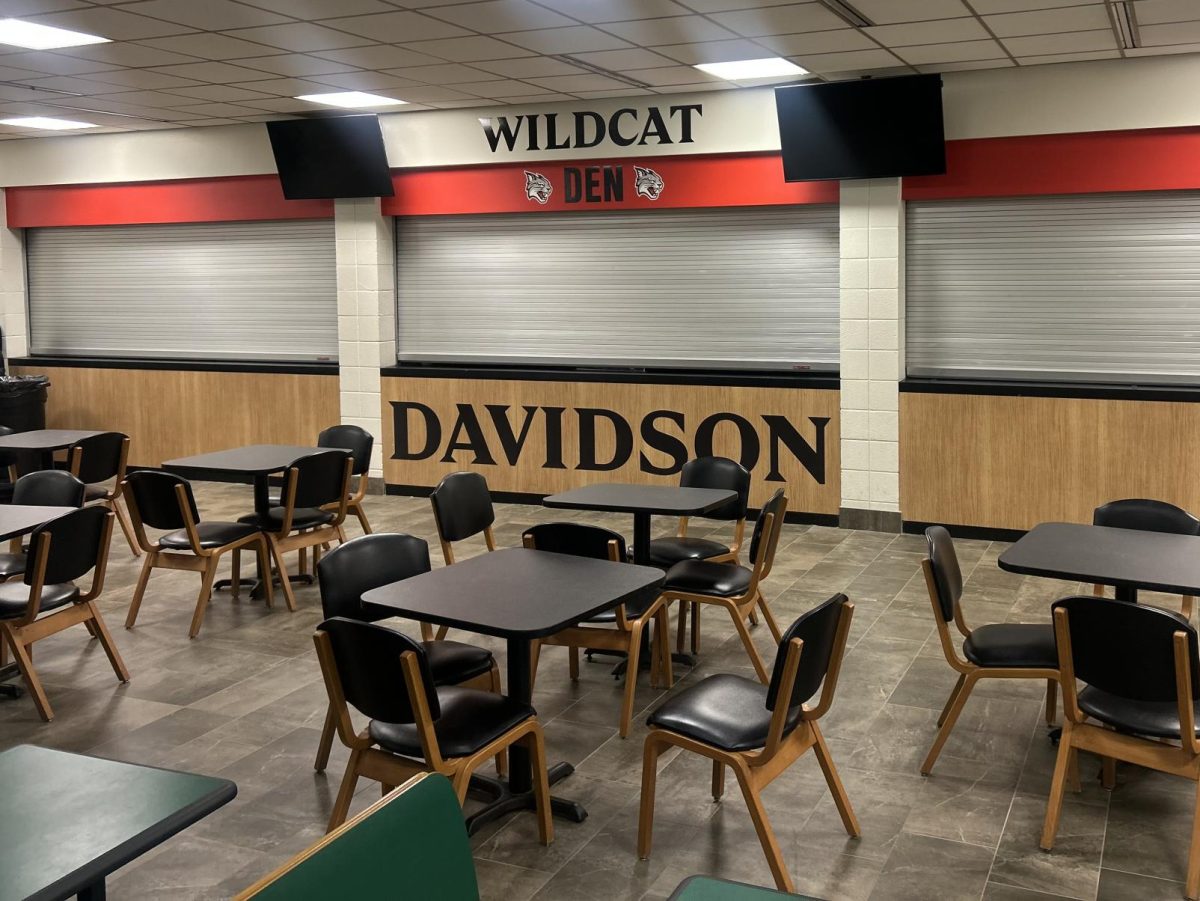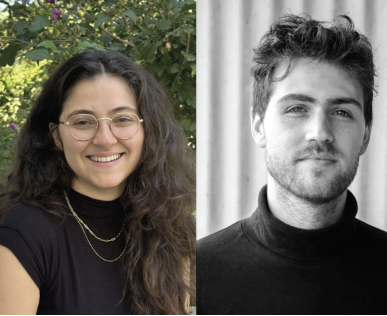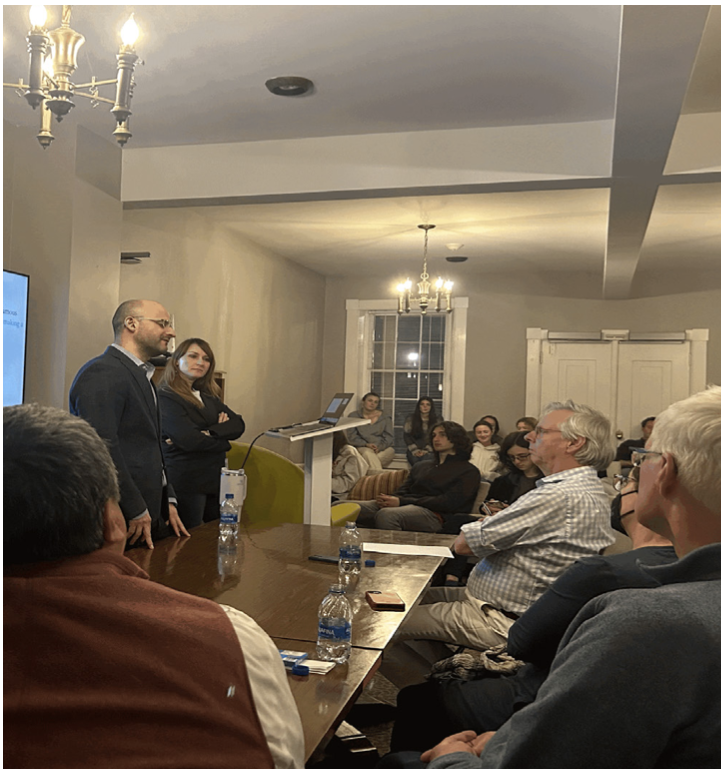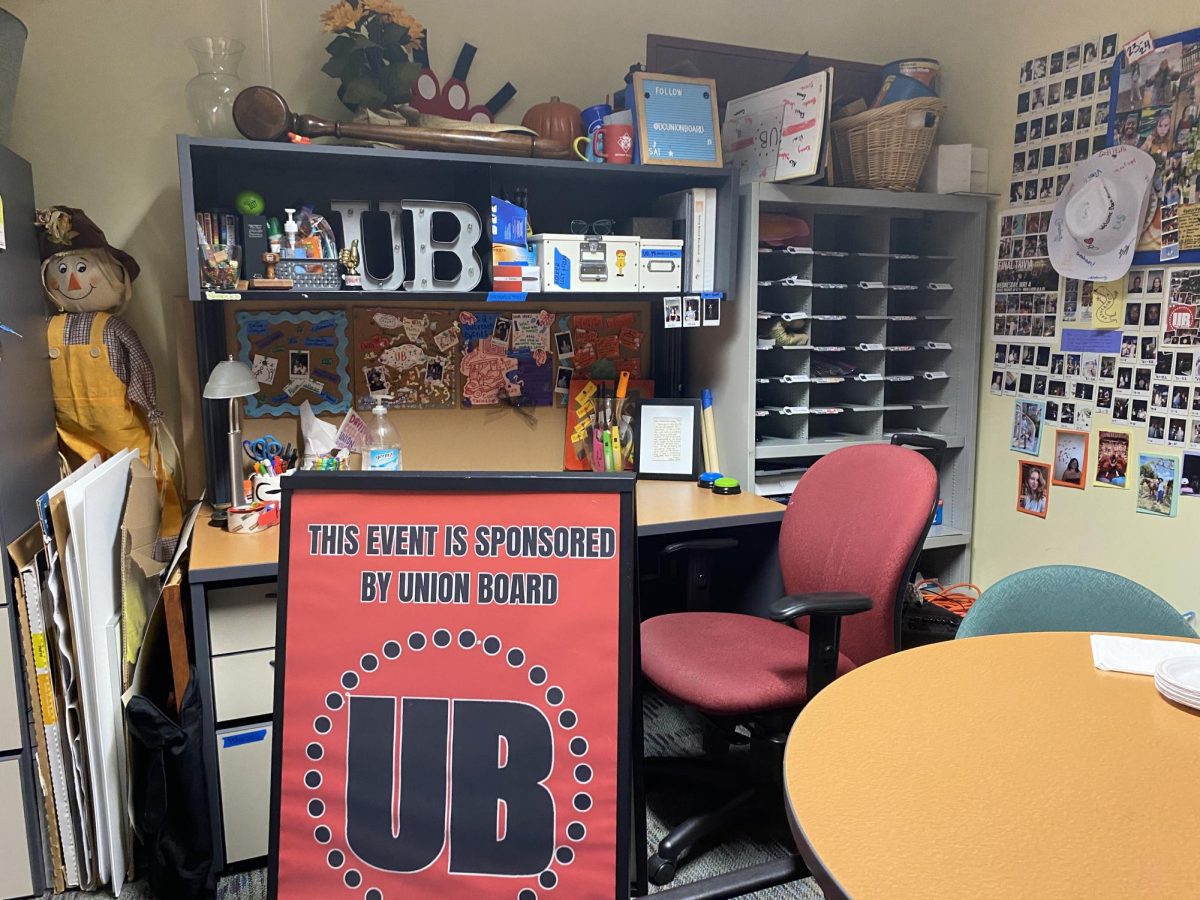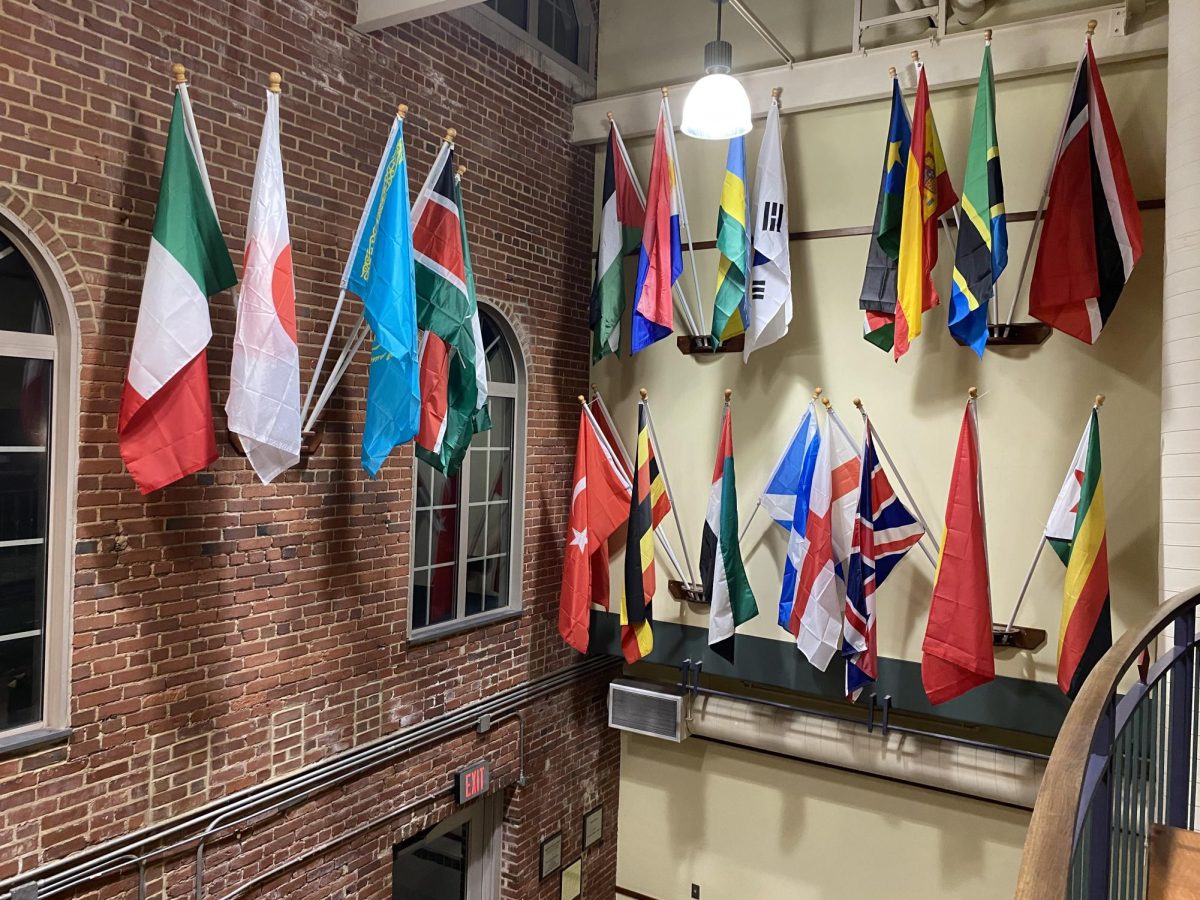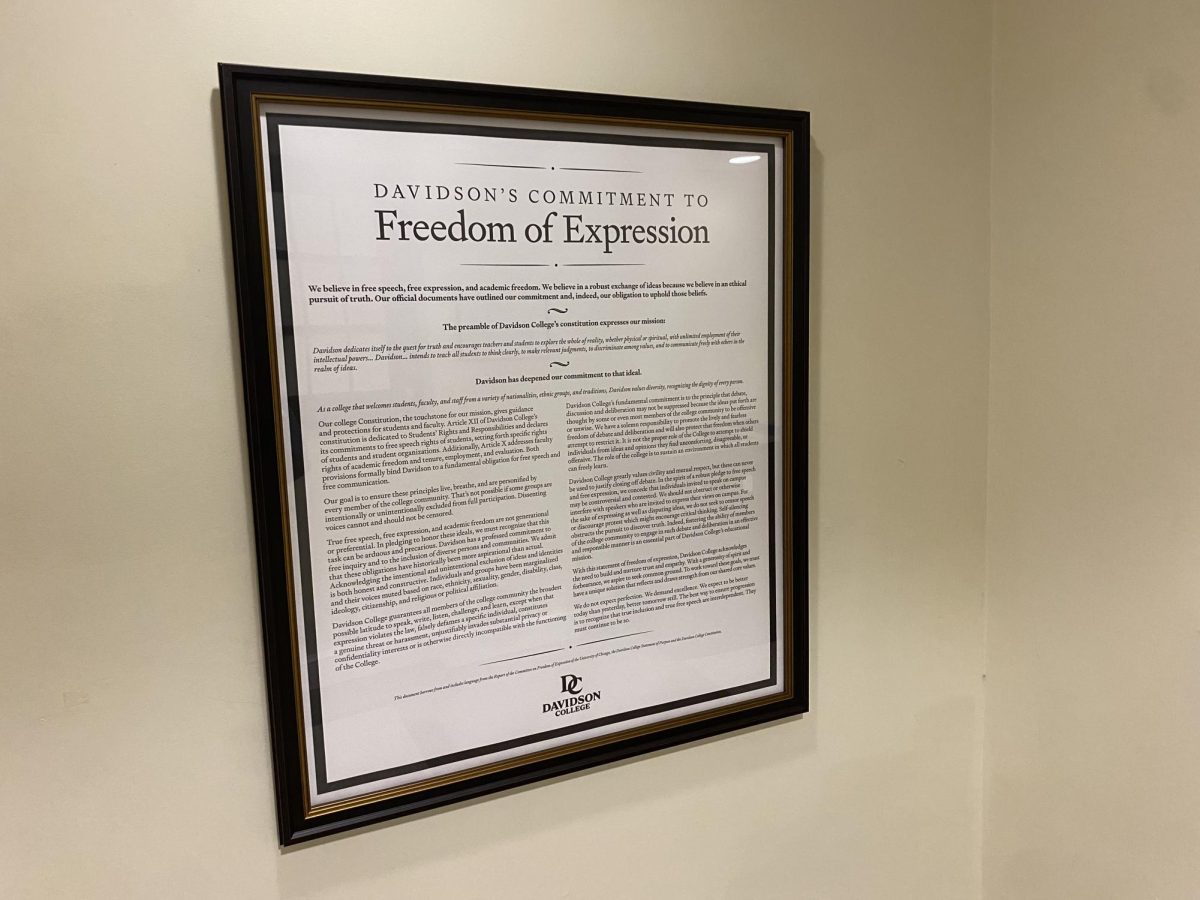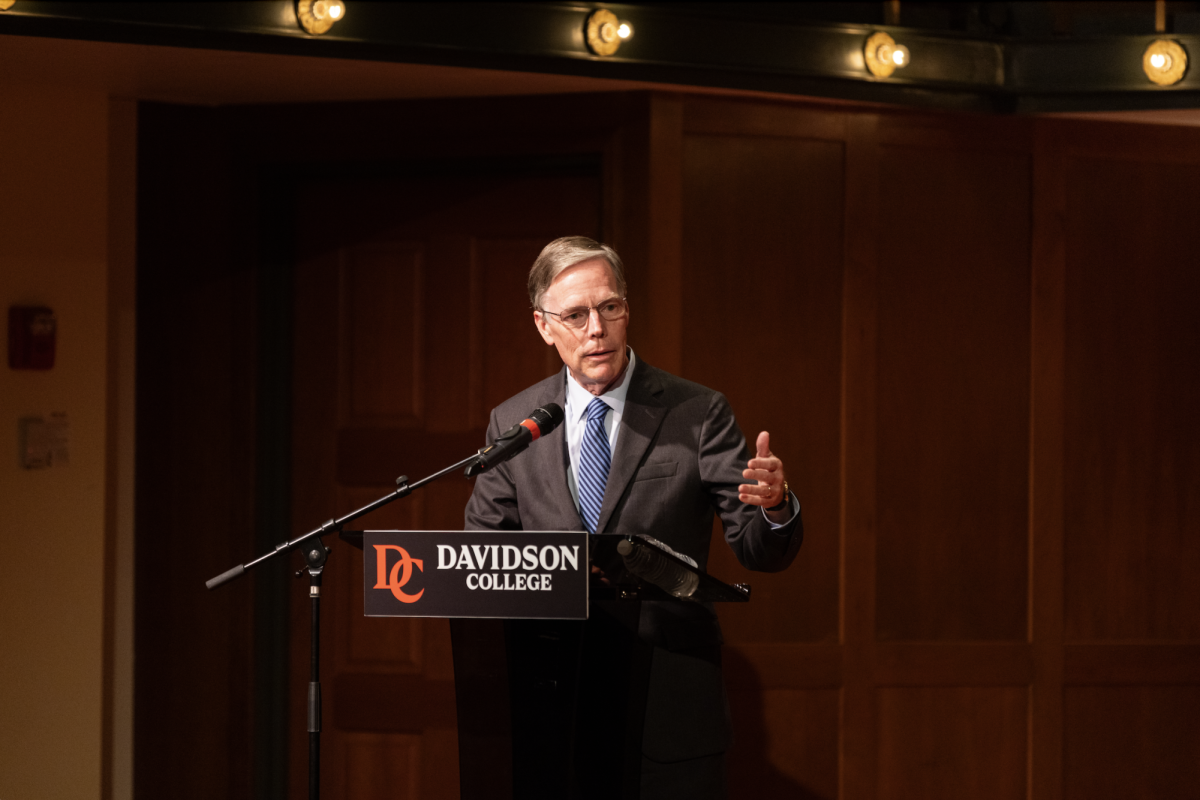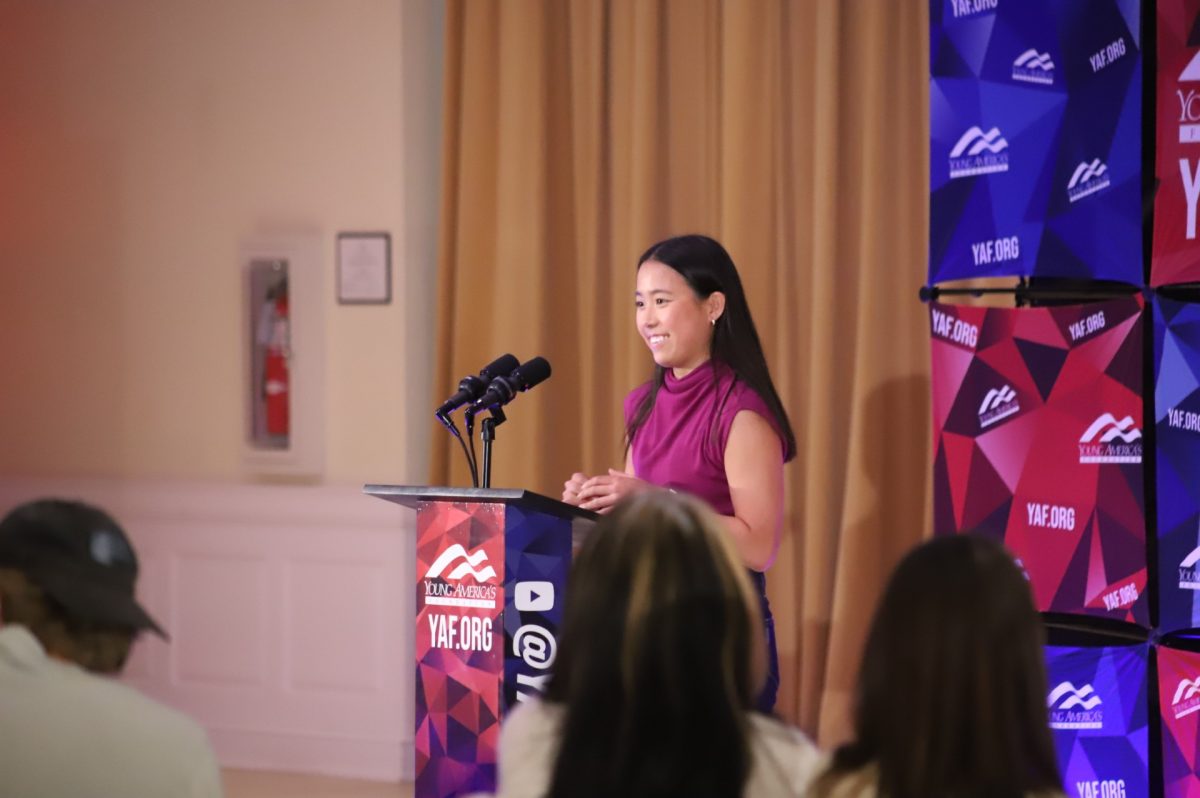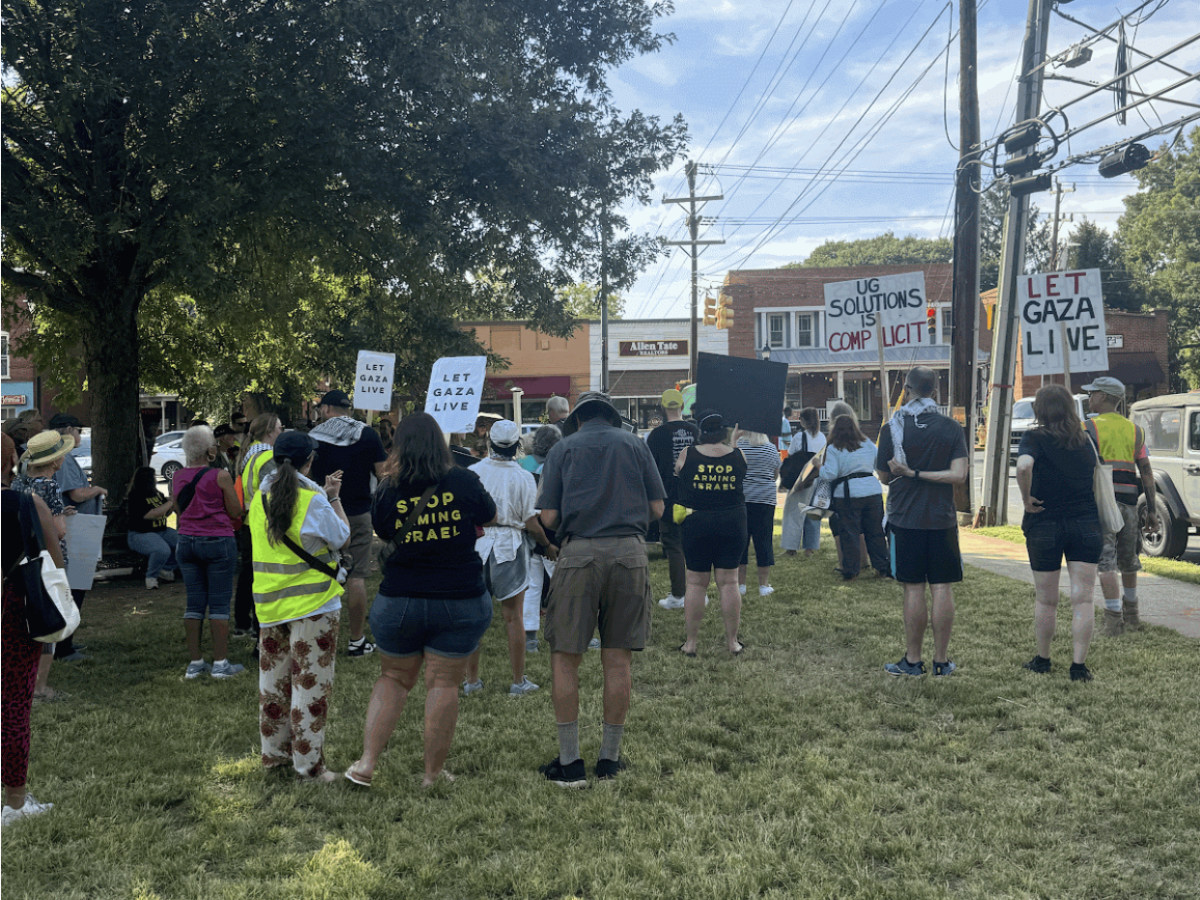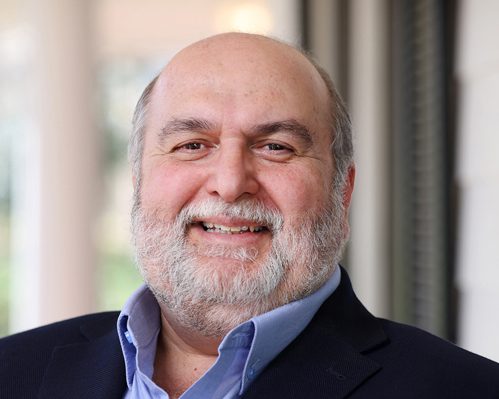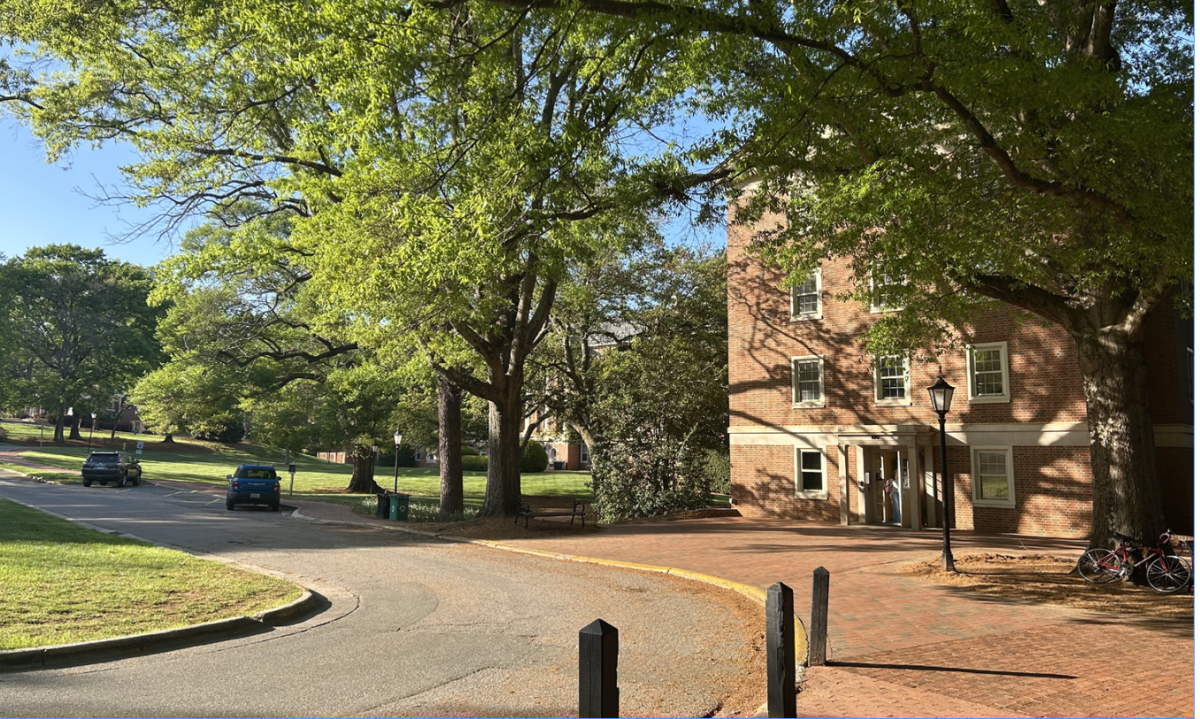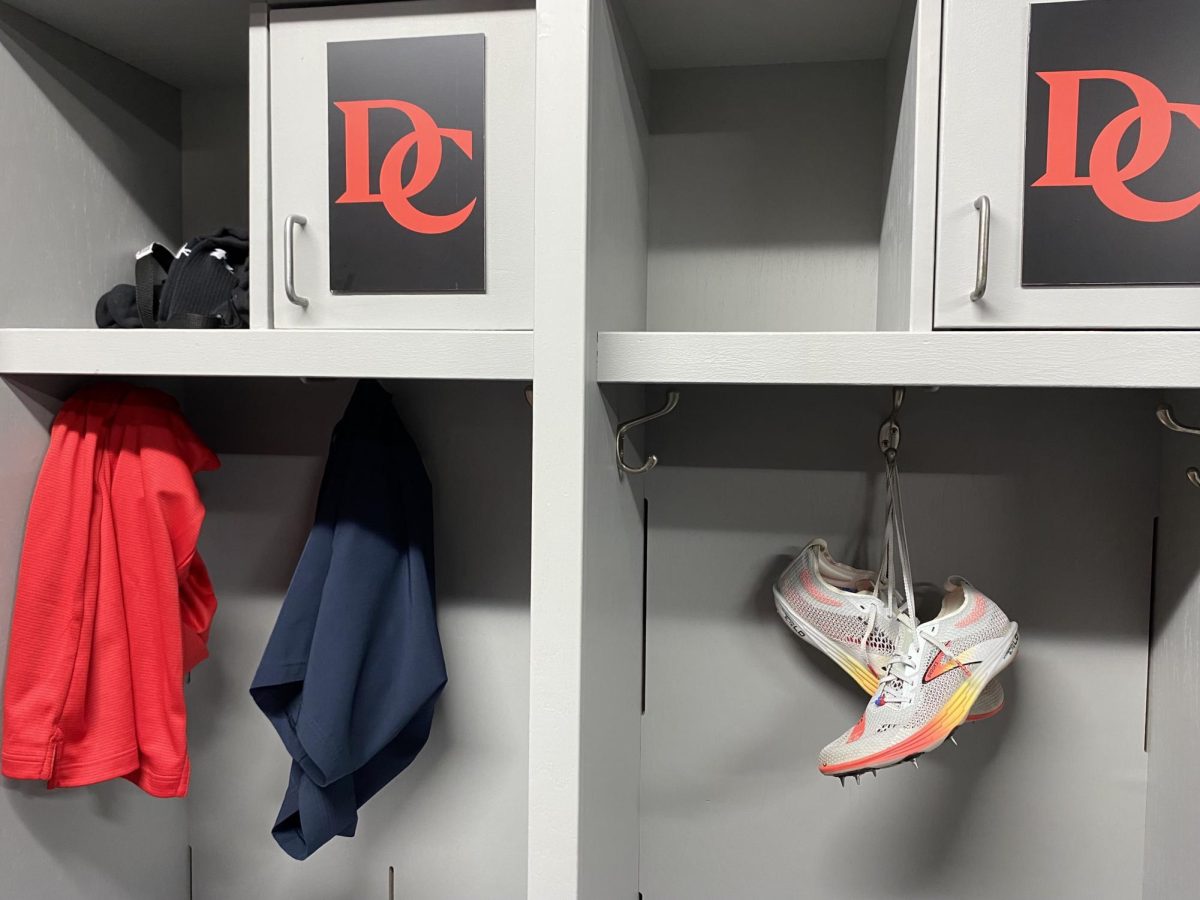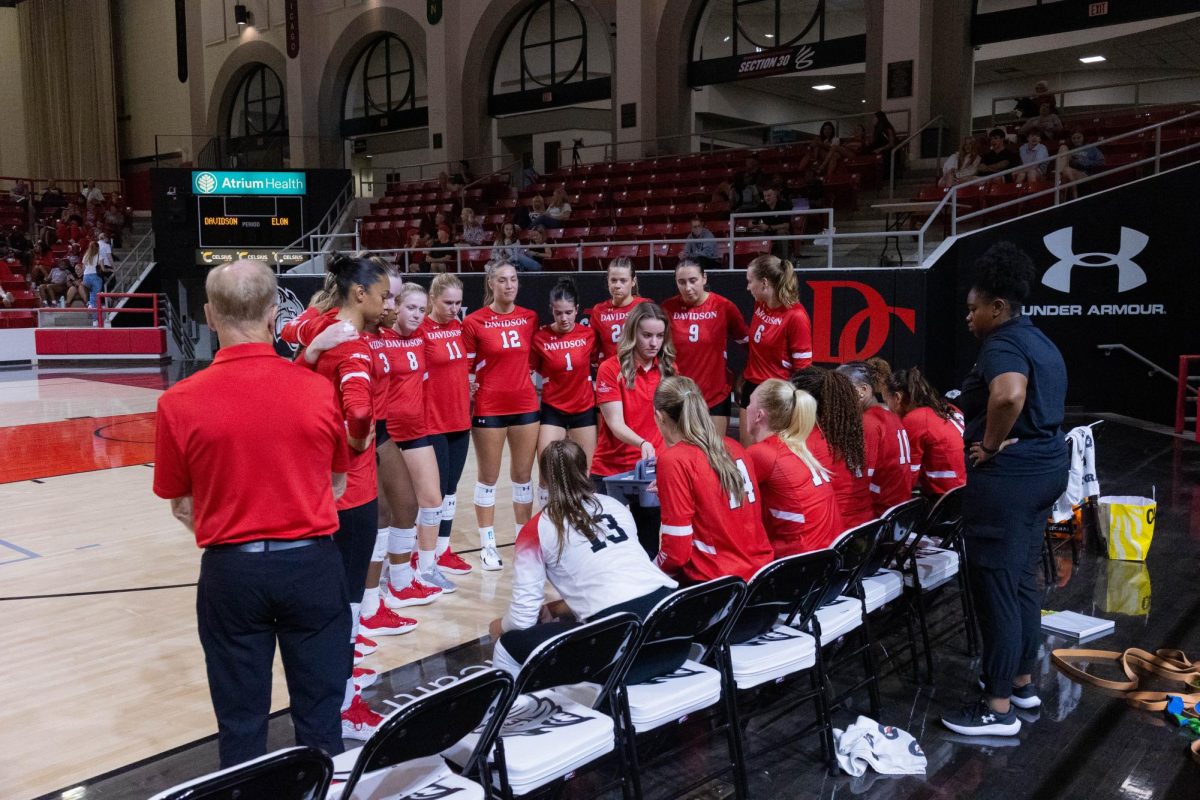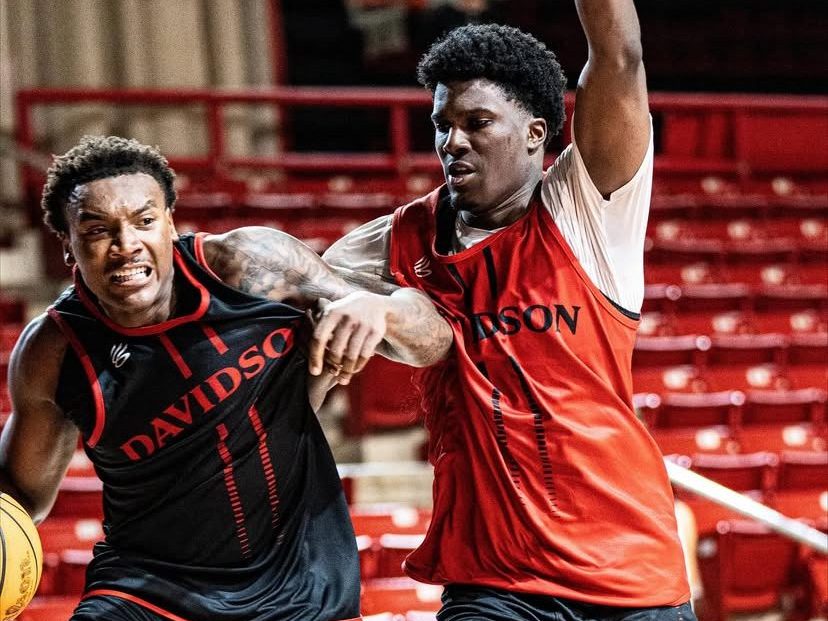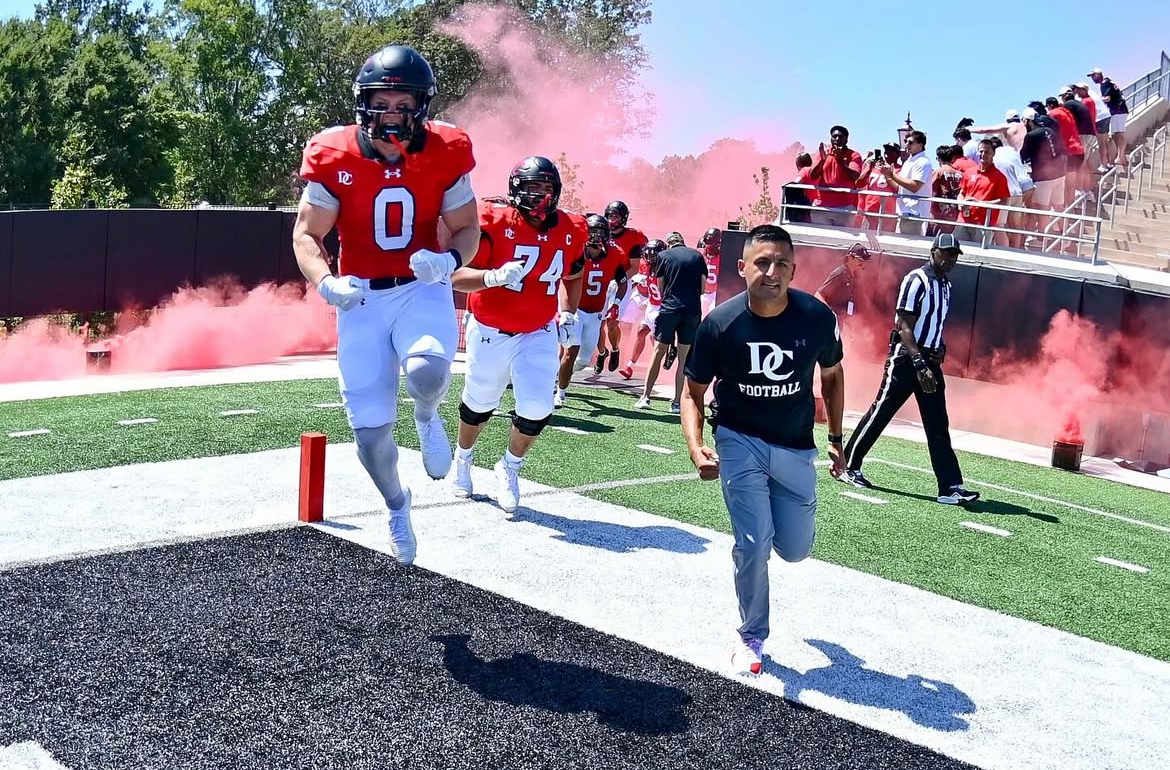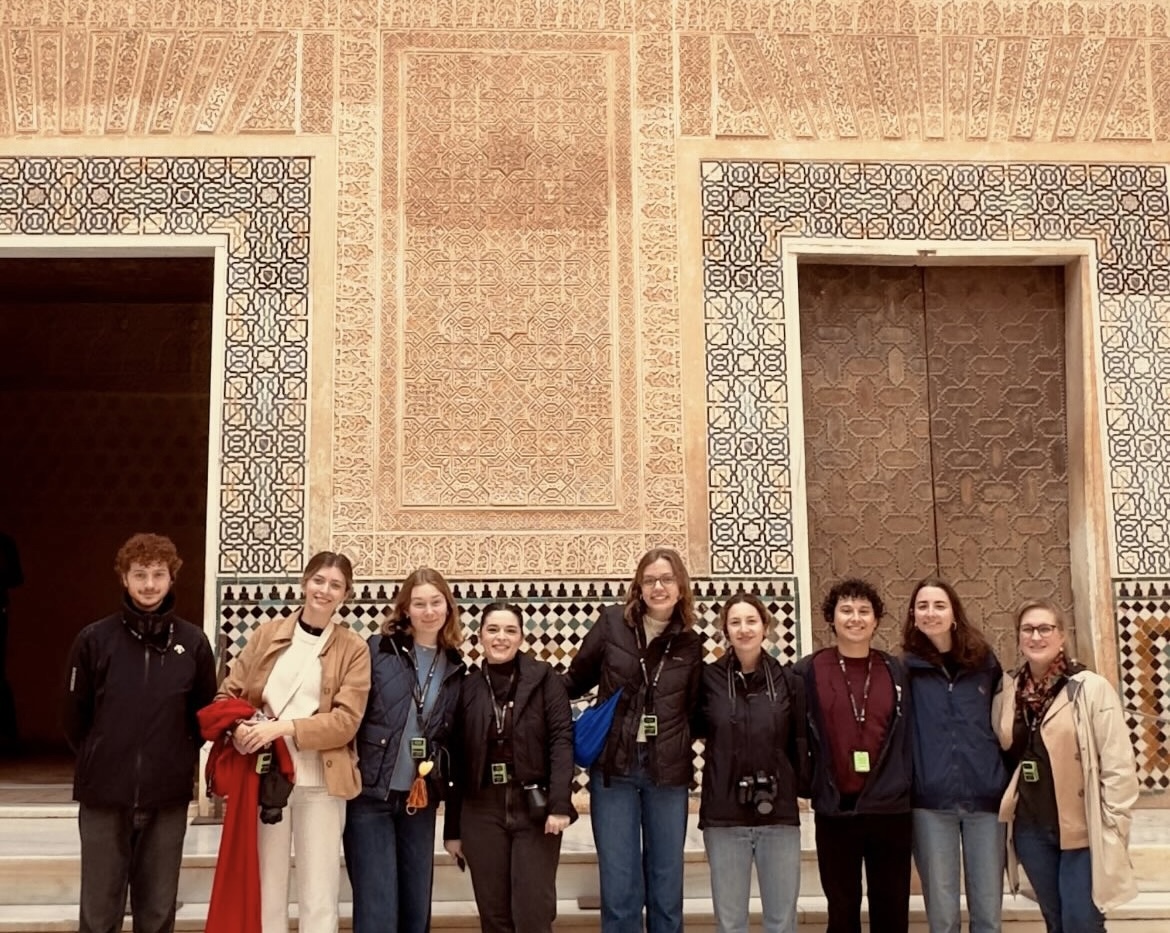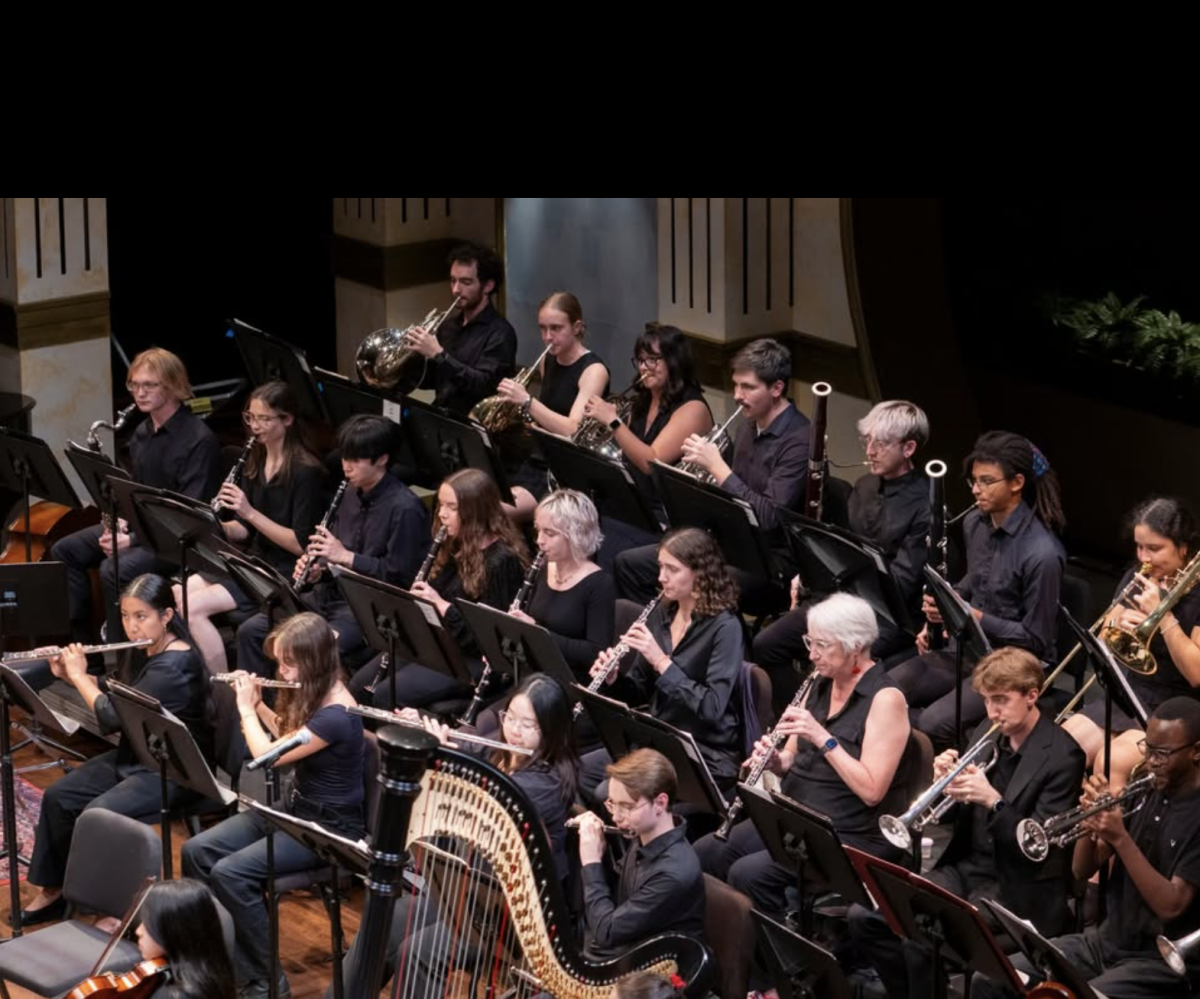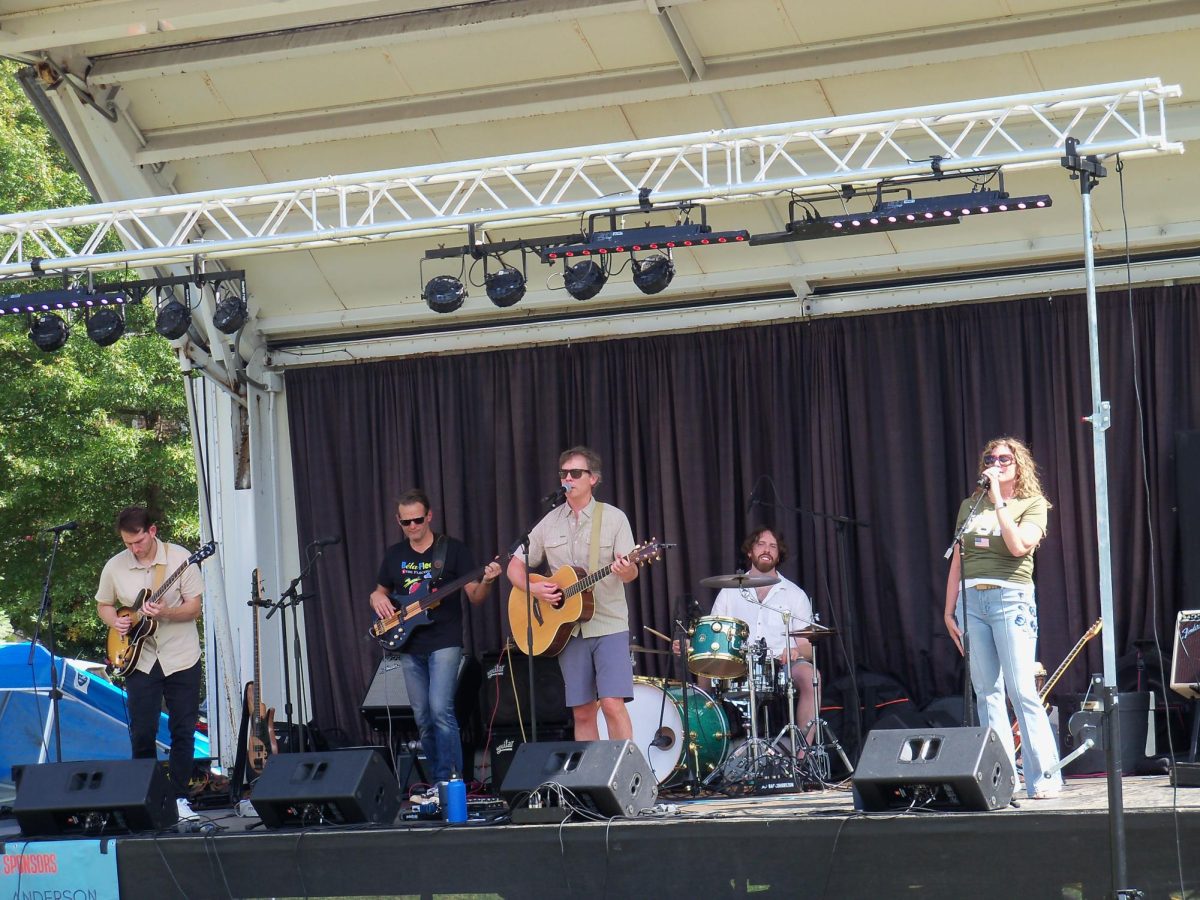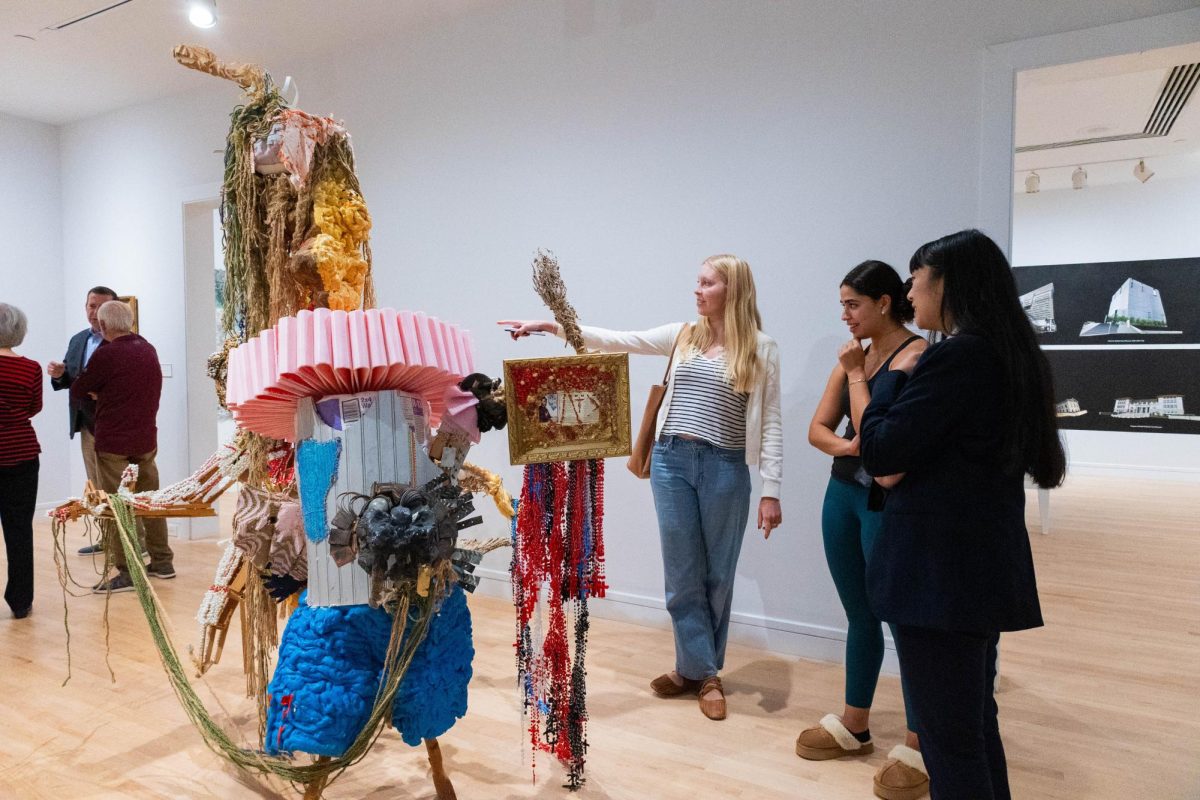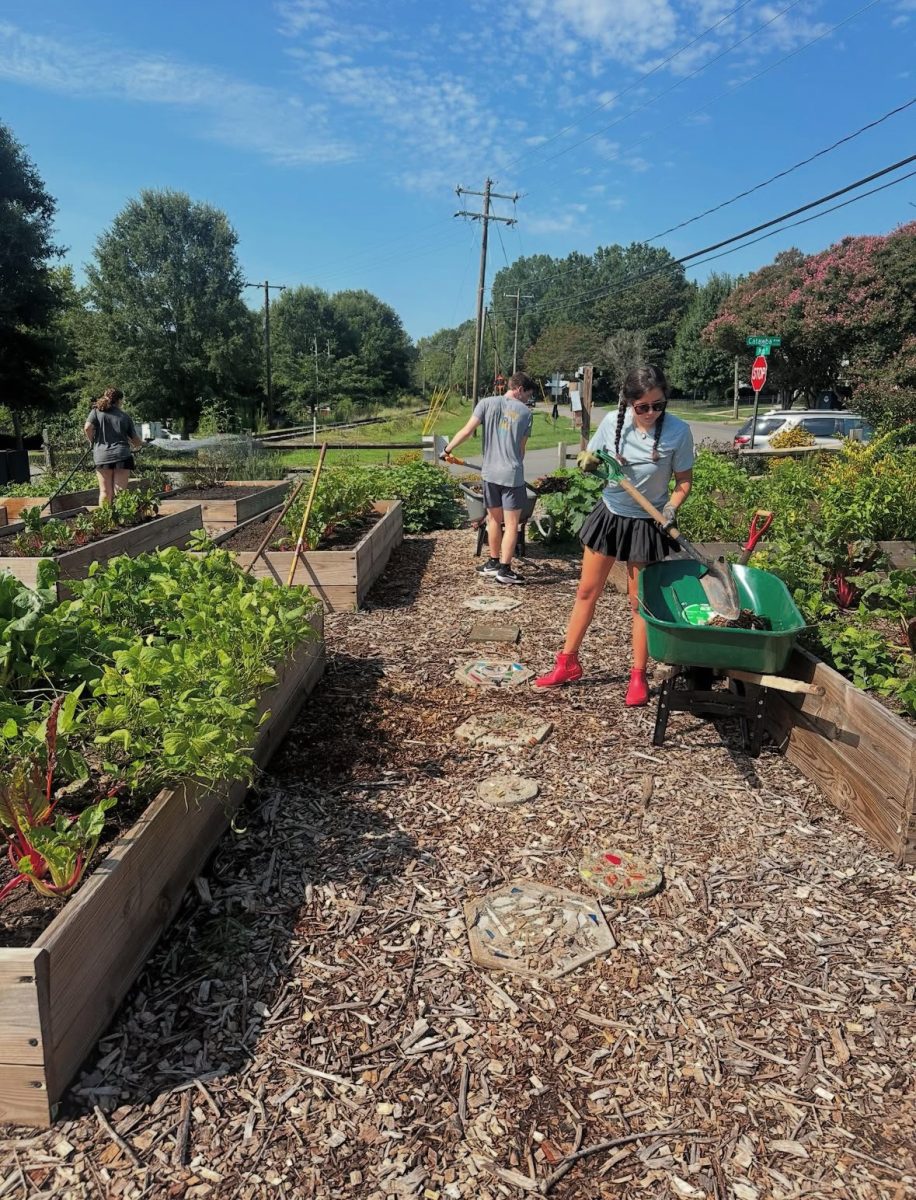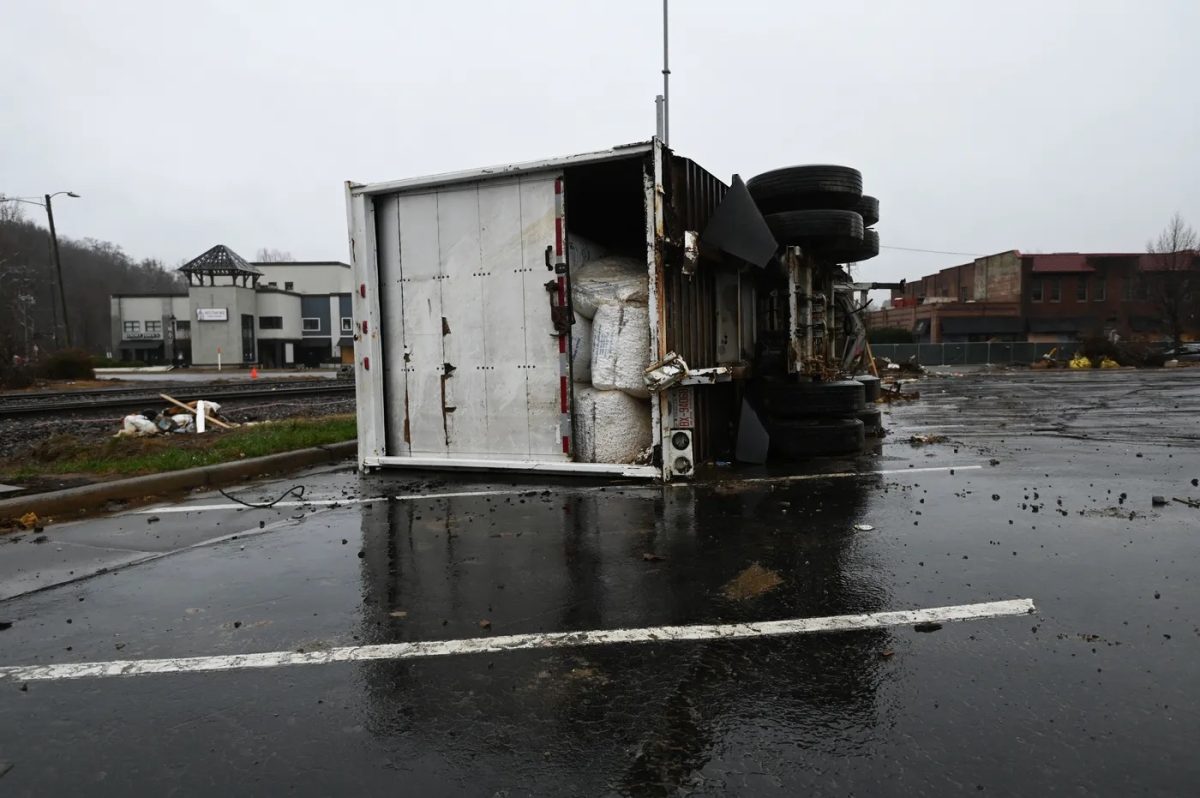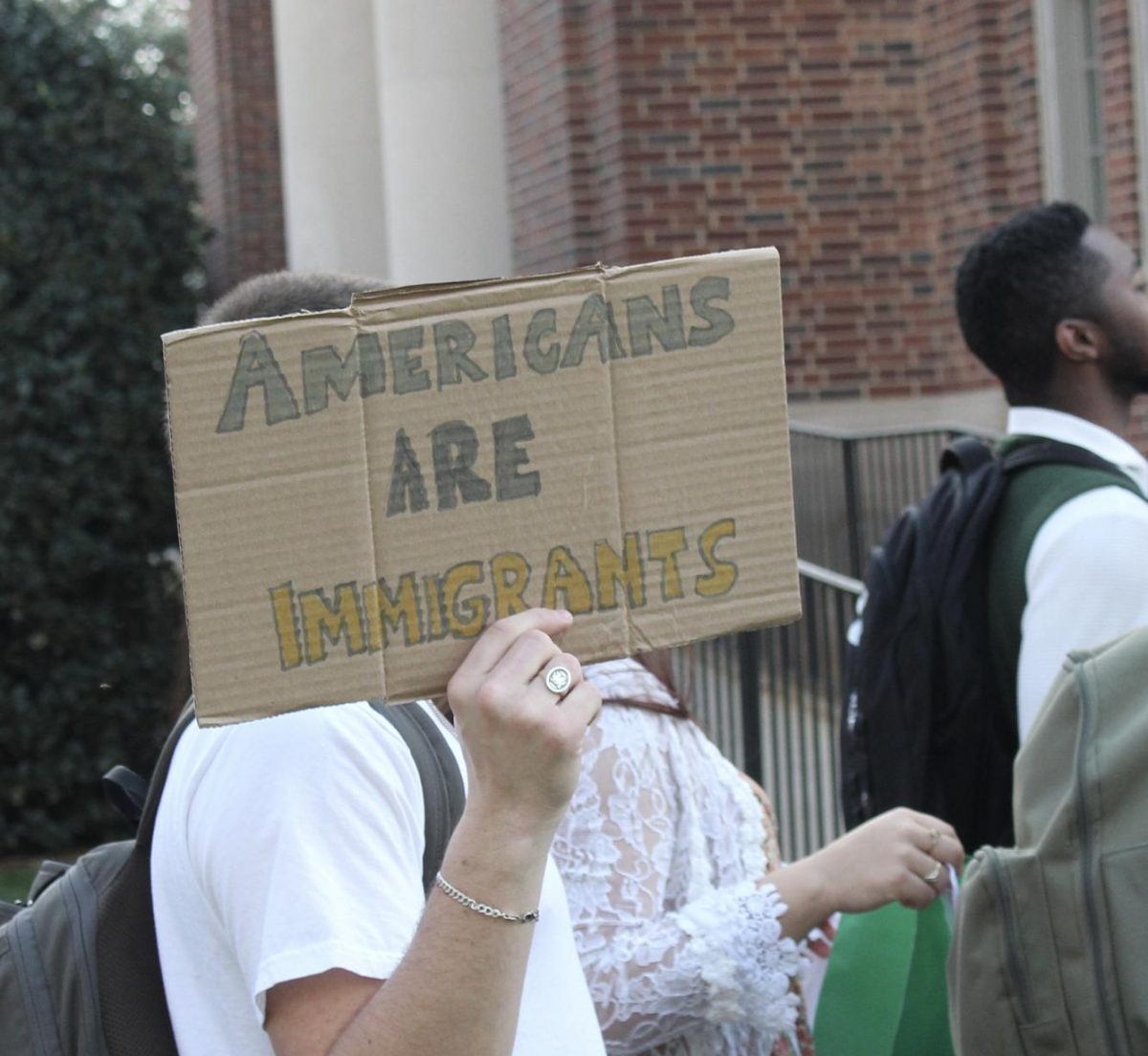For months, fear has defined daily life on college campuses. Student activists have been subject to heavy police response at institutions like Emory University and Columbia University. Speech has been surveilled and expulsions are more common. As the 2024-2025 academic year comes to a close, a new fear is rising—deportation.
Over 1,800 international students and recent graduates at 280 colleges and universities lost their F-1 or J-1 visa status as of April 24 as part of the Trump administration’s crackdown on immigration. In a major reversal, on April 25, the government announced it was restoring student statuses in the Student and Exchange Visitor Information System (SEVIS). No Davidson students had their status changed or their visas revoked, but the College is feeling the ripple effects of federal policy shift.
In the close-knit campus community where students know administrators by their first names and share dinners with faculty at their homes, concern for stability and freedom of expression permeate. These fears have coalesced around calls for the removal of Leslie Grinage ‘03 from the Board of Trustees and demands for additional protections for international students.
Grinage, who began her four-year term on Jan. 1, 2025, is the vice president for campus life and student experience and dean of the college at Barnard College and previously served as associate dean of students at Davidson from 2016-2019. Grinage is an alumni trustee, which means she was elected by Davidson College alumni to serve on the Board. Calls for her removal from the Board of Trustees began after the arrest of nine individuals on Barnard’s campus during a pro-Palestinian sit-in at the Milstein Center for Teaching and Learning on March 5, and an earlier sit-in at Grinage’s office in February where protesters advocated for the reinstatement of two students who’d been expelled for interrupting a class on Israel.
“It’s a really strong visual and a really strong statement to have this person who was really publicly associated with extreme student repression and carceral violence against students, specifically at Columbia, […] and she was the face of that,” a Davidson student, who wished to remain anonymous out of fear for their safety, said. “It is a huge symbolic move on Davidson’s part to say, ‘Okay, this person who has so publicly been the face of this violent student repression for non-violent protest, we want her.’”
A petition calling for Grinage’s dismissal put together by an anonymous group, the Coalition of Davidson Alumni, also references the Trump administration’s arrest and detention of Mahmoud Khalil, a student activist at Columbia who advocated for Palestinian rights. While Barnard describes itself as an independent college for womenBarnard stands as an independent college for women with its own curriculum, faculty, admissions standards, graduation requirements, trustees, endowment, and physical plant. Although Barnard and Columbia have separate curriculum, faculty, trustees and endowments, Barnard describes itself as both an “independently accredited and incorporated educational institution as well as an official college of Columbia University.”
“We are concerned for the stability of the Davidson community, and especially for the safety of international and undocumented students whose legal status may be weaponized against them,” the authors write. “As alumni of conscience with a vested interest in our alma mater, we intend to ensure these dystopian realities could never play out at Davidson College.”
Grinage’s office wrote they were “unable to accommodate” a request for interview/comment. The authors of the petition, which first appeared in March, argue that Grinage has proven herself “unfit” to protect Davidson College students and that her position on the Board is an “embarrassment and a detriment to the students, faculty, alumni and greater community of Davidson College.” Signatories of the petition, whose names are not published, pledge to withhold financial support of the College until Grinage is removed.
Sophia Ludt ‘25 is the president of the Center for Political Engagement (CPE). She believes Grinage is not the right person for the role of trustee. “I think that it’s great to hire people that are experienced with other colleges,” Ludt said. “But I have a lot of concerns about what her role on campus would be, and that it’s just upholding the systems that have historically held down certain students.”
Trustees and high-level college administrators are aware of the petition and broader concern regarding Grinage’s position on the Board. David Hall ‘84 is a Trustee and Chair of the Governance and Nominating Committee for the Board. One of the committee’s responsibilities is nominating potential Trustees. “Members of the college shared some emails they received during the election and we are aware of the current petition,” Hall wrote over email. “We respect the opinions of our alumni and welcome their feedback. It is difficult, however, to respond to a petition that was started anonymously.”
Vice President for College Relations Eileen Keeley went on to say that a single trustee does not have that much power.“They might have influence, they might have a voice, but a single trustee—she’s not on the executive committee,” Keeley said. “She’s a regular trustee attending meetings. She has a voice in those meetings, but she can’t decide anything on her own.”
The executive committee of the Board does have some powers that regular trustees do not have, including the authority to act for the full Board between scheduled meetings. However, members of the executive committee do not have the individual ability to change college policy. Vice President and General Council Sarah Phillips commented that the relationship between the administration and the Board is a collaborative one.
“It’s more like we are sharing information and coming up with a common goal or vision,” Phillips said. “It is usually after multiple meetings of conversation and iteration that we might bring a proposal to the Board for a formal vote.”
Still, Keely acknowledged the sense of fear among students stemming from what they feel Grinage may represent. However, she remained steadfast in her conviction that Grinage alone does not have outsized power or influence over the College.
“The fear, I get it,” Keeley said. “There are lots of things going on right now that are ramping up everyone’s anxiety, and so I get the reason why students may fear that something could happen here. I think it’s a misunderstanding of the role of trustees, and a single trustee doesn’t have that kind of power.”
Any change in Grinage’s position, much less removal from the Board, is unlikely. Trustees remain firm in their support for her.
“Leslie received overwhelming support during her election to the Board,” Hall said. “That support continues today. She is deeply committed to Davidson and brings a unique and highly valuable perspective to the board.”
In conducting interviews for this story, several international students were not very familiar with Grinage nor the controversy surrounding her position on the Board of Trustees. However, they were acutely aware of the distinct and uncertain nature of their stability and future on Davidson’s campus.
“I’ve been watching the news about the context [at] Columbia, and I don’t want to say anything very strict because I don’t know the person in this position or what her context is, but I get scared,” an international student, who wished to remain anonymous out of fear for their safety, said. “My initial reaction is to be scared when I see a relationship with Columbia, especially in being so favorable to not fighting against Trump’s policies.”
Davidson has remained largely out of the spotlight in recent weeks, but student deportations have crept close to home. Six students at the University of North Carolina at Charlotte recently had their visas restored after they were terminated by the government earlier in April.
“It has definitely made me rethink a lot about what it means for any international student to be in the U.S.,” the international student said. “Part of me was very grateful to Davidson because of the smaller school environment and not being so much in the media and having lower risk. When I was applying to schools I remember Columbia was also on my list. I was actually waitlisted from there. So it was a bit of a moment of like, ‘Oh my gosh, it could have been me.’”
Undocumented students, and students with family members who are undocumented, are facing uncertainty as well. Louisa Guzman ‘26 founded the Immigrant Justice Coalition (IJC) this semester alongside Xaris Trigueros ‘28 and Elizabeth Corral ‘28 to create safe spaces and raise awareness as ICE raids and deportations continue to rise.
“There’s a really big fear among the student body right now for people that have family members that are undocumented,” Guzman said. “They’re scared that they’re going to come home and their family isn’t going to be there, and there’s nothing they can do about that from Davidson.”
IJC focuses on helping students find comfort and strength in shared experience.
“Community combats fear,” Trigueros said. “Persevering through fear by continuing to thrive, continuing to be good students, continuing to be good people and being together, that in itself combats fear. Obviously it’s still there, but community is the start of making people feel like they’re not alone.
Against the backdrop of anxiety, some students feel as though freedom of speech is no longer a right but a luxury that remains out of reach. In March, Turkish student Rümeysa Öztürk was arrested and detained by U.S. Immigration and Customs Enforcement (ICE) agents, allegedly in response to an op-ed she co-authored last year for the Tufts student paper addressing the ongoing war in Gaza.
“We have to be so much more careful,” Nhi Huynh ‘26 said. “My mom, she was sending me all these texts like, ‘Is everything okay there?’ She was telling me not to involve myself in any protests because even if I stand up for what I believe in, I might get deported. So just to be safe, even if you have an opinion, keep it to yourself. Don’t even stand up and say what you think, keep it to yourself for your own safety.”
Huynh, who is from Vietnam, and the other international student said that they’ve felt supported by the Office of International Student Engagement (ISE) but think more could be done at the administrative level. “What I would like to see and what I’ve seen people advocating for, is a strong position from Davidson of ‘I’ve got you covered and if anything like an emergency happens, we will take care of you and you’re not going to be on the street,” the anonymous international student concluded.
*A previous version of this article stated that summer housing applications are closed. That is incorrect, the late application process remains open.

